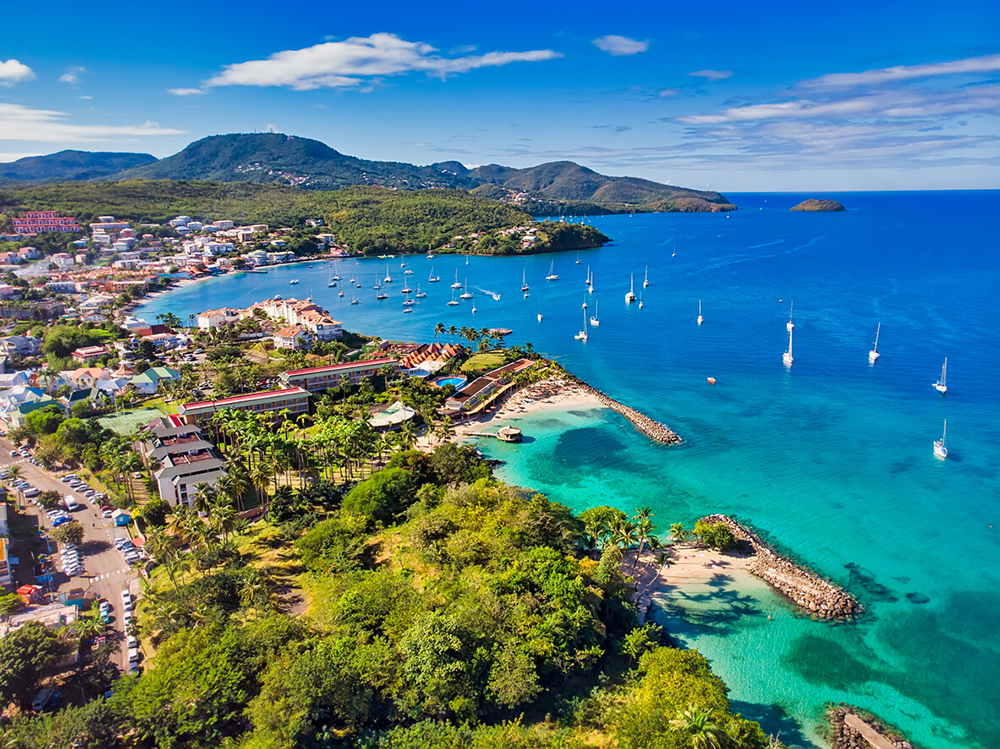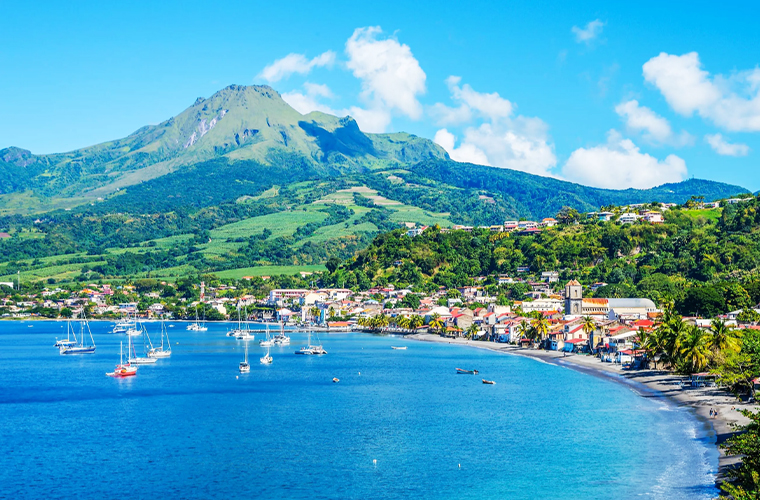Martinique is an island and overseas department of France located in the eastern Caribbean Sea. It is part of the Lesser Antilles archipelago and is situated between Dominica and Saint Lucia. With a population of around 375,000 people, Martinique is an integral part of the French Republic and uses the euro as its currency. The island has a rich and complex history. It was originally inhabited by the indigenous Arawak and Carib peoples before being colonized by the French in the 17th century. Martinique became a major center of sugar production and was heavily reliant on slave labor. The legacy of slavery has had a lasting impact on the island’s cultural heritage.
Martinique is renowned for its natural beauty, including stunning beaches, lush rainforests, and the iconic Mount Pelée volcano. The island offers a variety of outdoor activities such as hiking, snorkeling, and exploring the vibrant marine life.

The cultural identity of Martinique is a blend of African, European, and Caribbean influences. The local language, Creole, is widely spoken alongside French, which is the official language. The island has produced influential literary figures such as Aimé Césaire and Édouard Glissant, who have made significant contributions to Caribbean and Francophone literature.
Martinique is also known for its vibrant music and dance scene, particularly the rhythmic sounds of zouk and the traditional dance style called bèlè. The island hosts numerous festivals throughout the year, celebrating its diverse cultural heritage, including the Carnaval de Martinique, which is a colorful and lively event. As an overseas department of France, Martinique enjoys many of the same rights and benefits as mainland France. It is represented in the French parliament and uses the French legal system. The economy of Martinique is based on agriculture, tourism, and services, with a strong emphasis on preserving the island’s natural environment.
Overall, Martinique offers a fascinating mix of stunning landscapes, rich history, vibrant culture, and a unique blend of French and Caribbean influences. It attracts visitors with its tropical beauty, warm hospitality, and the opportunity to experience both Creole and French culture in a Caribbean setting.

